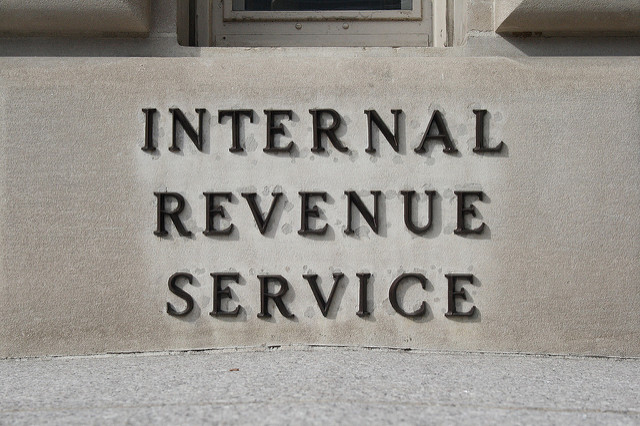
Again and again, the IRS has proven itself to be an agency unwilling or unable to perform its basic duties to taxpayers.
Rather than focusing its resources protecting sensitive taxpayer data or addressing serious control flaws, the IRS has wasted taxpayer funds targeting conservative groups and hiring unqualified outside counsel to perform audits.
Clearly, more needs to be done to hold the IRS accountable. Later this week, Members of Congress will have the opportunity to do just that when they vote on several key pieces of legislation. Members should have no hesitation voting for each of these important bills and protecting taxpayers from IRS abuse.
Ensuring Integrity Within the IRS Workforce
H.R. 3724, the Ensuring Integrity in the IRS Workforce Act, introduced by Congresswoman Kristi Noem (R-S.D.) ensures that the IRS cannot rehire employees who were fired for misconduct. Each year, the IRS hires thousands of temporary employees to meet the demands of filing taxes. It is critical that taxpayers can trust agency employees to handle sensitive taxpayer data appropriately.
Holding IRS Employees to a Fair Standard
H.R. 1206, the No Hires for the Delinquent IRS Act, introduced by Congressman David Rouzer (R-N.C.) prevents the IRS from hiring additional employees until the Secretary of the Treasury confirms that no current employee of the IRS has a seriously delinquent tax debt. This legislation holds agency employees to a fair standard and ensures that the workforce practices what it preaches.
Stop Bonuses to IRS Employees
H.R. 4890, legislation introduced by Congressman Pat Meehan (R-Pa) ties IRS bonuses to measurable metrics. Agency employees continue to receive bonuses even as the agency fails to provide basic services to taxpayers. This legislation prohibits bonuses until the agency proves it is putting taxpayers first.
Ensuring Congress Retains Oversight Over the IRS
H.R. 4885, the IRS Oversight While Eliminating Spending Act, introduced by Congressman Jason Smith (R-MO) ensures Congress retains control over IRS spending. Specifically, the legislation requires any funds the IRS receives from user fees to be deposited into a general fund maintained by the Treasury Department to be used for improving taxpayer services.

